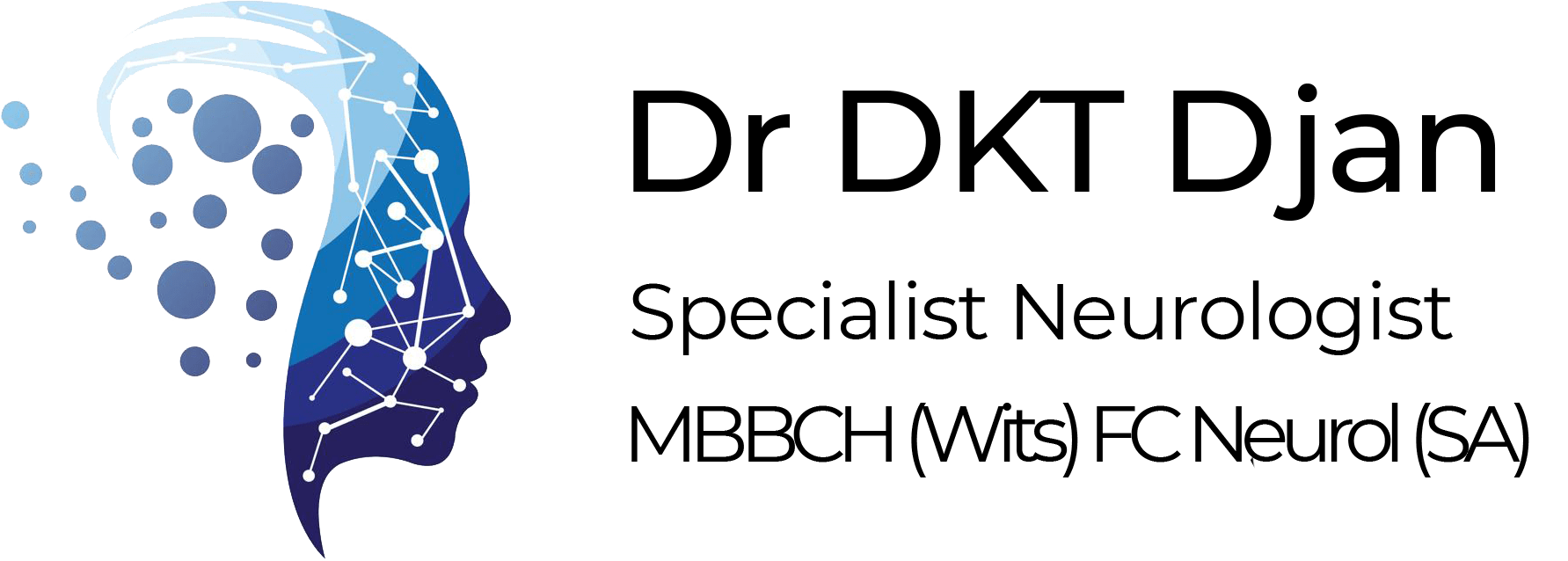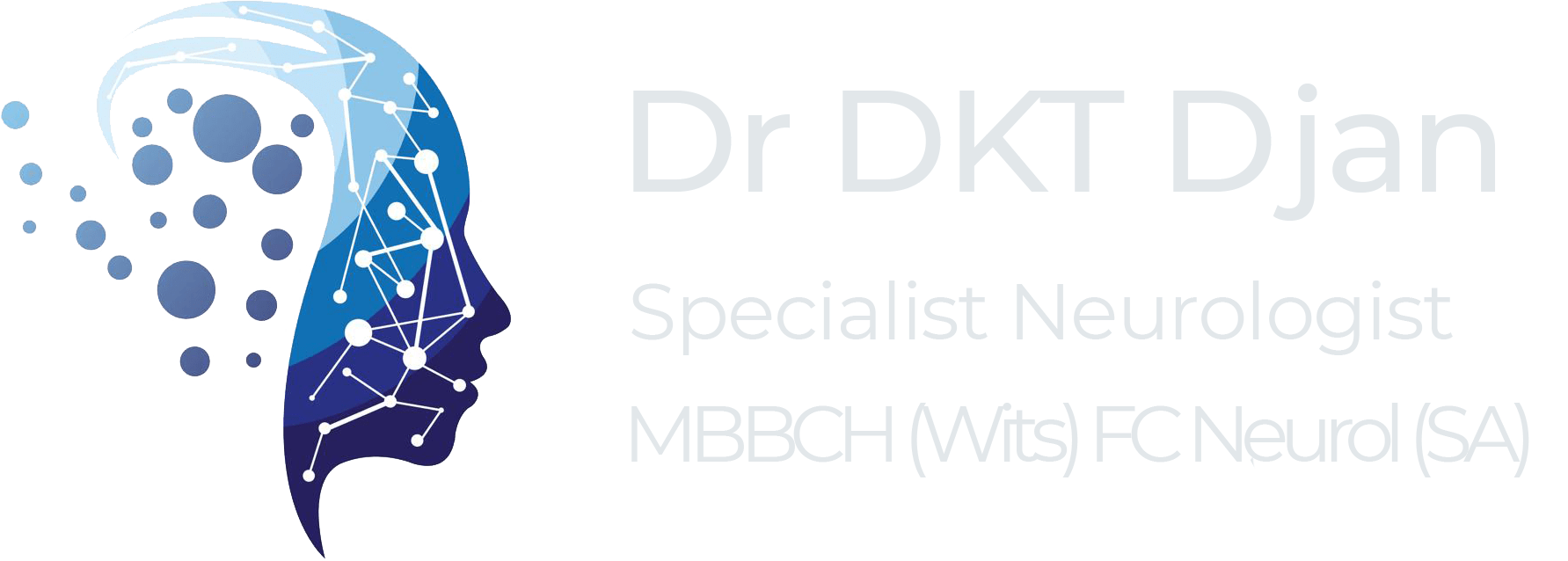

Neuromuscular disorders affect the nerves that control voluntary muscles and the nerves that communicate sensory information back to the brain. When these nerves become unhealthy or die, the communication between the nervous system and muscles breaks down. This causes the muscles to weaken and waste away.
There are many different types of neuromuscular disorders, so the symptoms are highly dependent on this as well as the area of the body that is affected. Many neuromuscular disorders have symptoms that start at infancy while others appear only later in life.
The most common symptoms of a muscle disorder include:


However, sometime the cause of muscle disorders is unknown